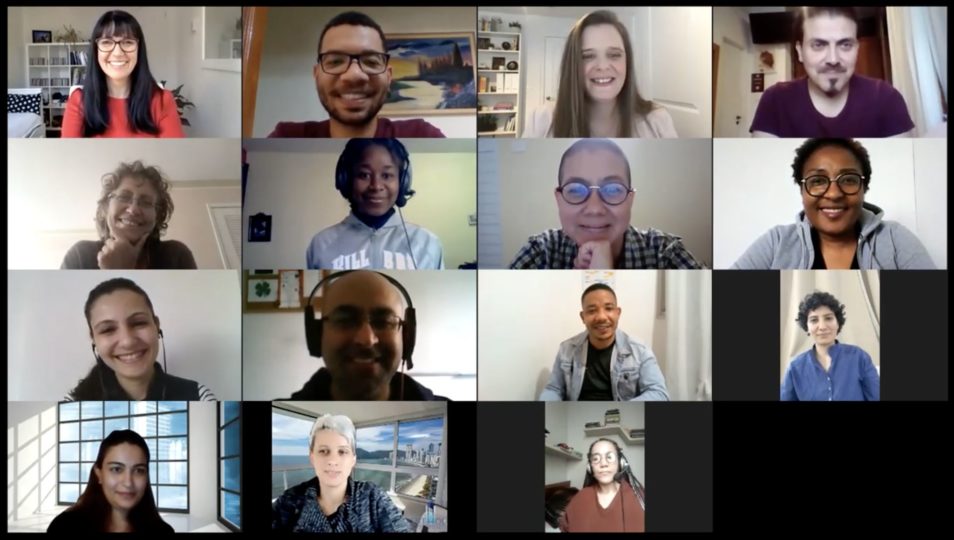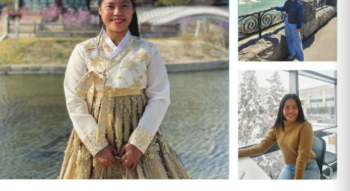Through a new international research partnership, Niagara College’s School of English Language Studies professor, Faith Marcel, PhD, is working collaboratively with language educators in Canada and Brazil to advance the conversation towards better empowering plurilingual speakers in a learning environment.
“The project is one of the many meaningful global partnerships in education Niagara College has been a part of which offers academic, social and community benefits in contributing to building on research, community networks, as well as educational and social development,” shared Marcel.
Through this one-year international research project, Marcel will work in collaboration with McGill University’s Plurilingual Lab director, Angelica Galante, PhD, and University of Toronto professor and Ontario Institute for Studies in Education head of the Centre for Educational Research in Languages and Literacies, Enrica Piccardo, PhD. The research team will work with Brazilian non-governmental organization (NGO), Abraço Cultural, which offers language programs in Brazil. Taught by language teachers from a variety of different countries, Abraço Cultural offers courses in English, Spanish, French and Arabic.
“This international research project is another great example of Niagara College’s leadership in experiential education and innovation in technology, teaching and learning,” said NC School of English Language Studies associate dean, Guhan Ilgazli.
The project’s goal is to offer a collaborative environment for international partners to advance knowledge and research of a plurilingual approach to teaching languages through digital platforms. Additionally, the project will provide opportunities for teachers to access digital tools to enhance their learners’ oral communication skills in their additional languages. Marcel explained how the research team hopes that participants in the study are empowered as plurilingual speakers working in the digital economy as they examine digital platforms for teaching and learning.
“The collaboration and results of this project are urgently required to respond to the immediate and future needs of teaching and learning languages online in local and global contexts,” said Galante. “Beyond addressing the practical needs of language teachers and learners shifting to digital platforms, this international partnership will inform innovations in plurilingual pedagogy, which supports and advances language learning and plurilingual and pluricultural competence.”
As part of the project, Marcel, Galante, Piccardo and Abraço Cultural curriculum coordinator, Débora Oliveira, delivered a virtual plurilingual workshop in October 2020 via Zoom to teaching staff from Abraço Cultural in São Paulo, Brazil. Entitled Innovating Language Teaching and Learning with Plurilingual and Digital Approaches, the workshop used a variety of languages – Portuguese, Spanish, English and French – to exchange pedagogical experiences and share the benefits of a plurilingual approach to language learning.
Marcel, an expert in digital and virtual technologies for language teaching, explains that she was invited to participate in this initiative primarily to share her knowledge and expertise, noting that the project aligns well with several areas of her recently completed PhD research.
“I also thought it would be a wonderful opportunity to collaborate with my colleagues on the research team at McGill University and the University of Toronto to apply research-informed practices to work toward enhancing the educational experiences of both language teachers and learners,” said Marcel.
Although in its early stages, the international research partnership has received positive feedbackfrom the research partners, the participating educational institutions and the teachers involved.



